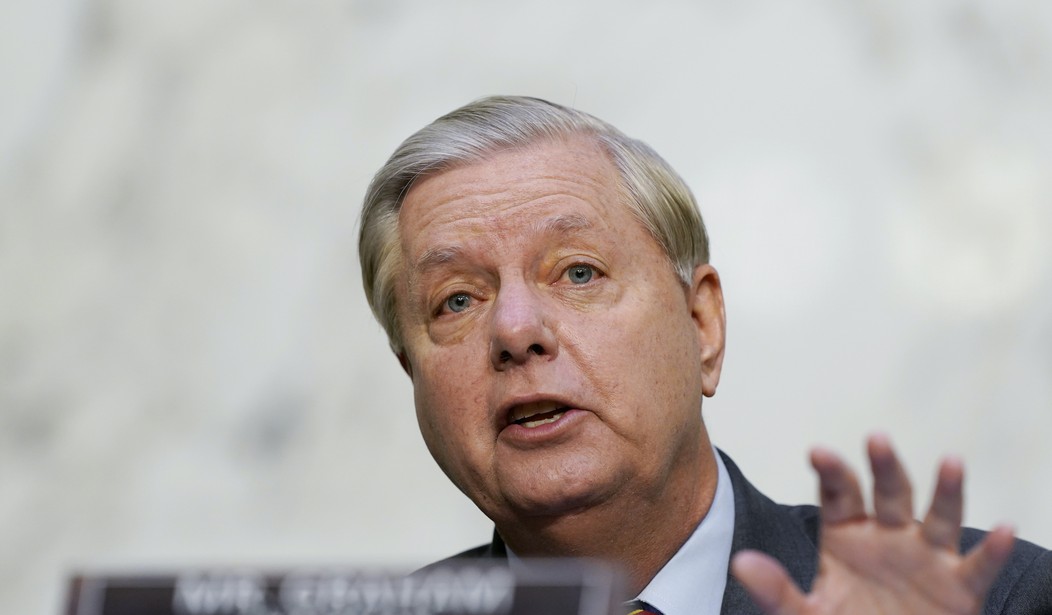Senator Lindsey Graham is in a legal battle over testifying before a special grand jury in Georgia investigating possible election interference allegations from the 2020 presidential election. The Democrat District Attorney Fani Willis convened a grand jury and subpoenaed Graham and some of Trump’s inner circle like Rudy Giuliani who served as Trump’s personal attorney. Graham is under investigation due to two phone calls the senator placed to Georgia Secretary of State Brad Raffensperger. It is alleged that Graham asked Raffensperger to reexamine certain absentee ballot cast in Georgia in order to explore the possibility of a more favorable outcome for Trump in the 2020 general election.
A three-judge panel of the 11th Circuit U.S. Court of Appeals ruled last week that Graham’s phone calls in question are not protected under the Constitution’s speech and debate clause, as he argues. Graham was then the chair of the Senate Judiciary Committee. He argued that his actions were protected under the Constitution’s speech and debate clause. He said that placing the phone calls were done under the umbrella of his duties as chairman of the committee. The judges disagreed and ordered him to testify.
Graham said he would take his case to the Supreme Court and that is what he did just 24 hourss after the 11th Circuit ruling. On Monday, Justice Clarence Thomas temporarily blocked the grand jury from compelling Graham to testify while the Supreme Court considers Graham’s claim of congressional immunity. Graham is represented by former Trump White House counsel Don McGahn. He filed an application with he Supreme Court on Friday seeking to block the lower-court directives.
The Constitution states that for “any Speech or Debate in either House,” members of Congress “shall not be questioned in any other Place.”
Justice Thomas, who oversees emergency matters from the 11th Circuit, ordered the prosecutor to respond to the filing by Thursday. The justices have a private meeting already scheduled for Friday to review pending cases, where Mr. Graham’s application could be discussed. The Supreme Court could decide whether to block Mr. Graham’s testimony any time after that.
So, Thomas’ order prevents Fulton County D.A. Willis from compelling Graham to testify for now. Willis has a deadline of Thursday to tell the high court why Graham should have to answer the grand jury’s questions. This gives the Supreme Court time to consider Graham’s objection.
Graham turned to the Supreme Court for intervention on Friday. He told the justices in court filings his phone calls with Georgia officials were related to the “impending vote on certifying the election,” and because, as chairman of the Senate Judiciary Committee at the time, he was charged with “reviewing election-related issues.”
However, the senator also argued to the high court that his motives were irrelevant to the protections that Constitution offers lawmakers for legislative conduct,
“The district court’s and District Attorney’s apparent suspicions about motives are baseless, but even assuming otherwise, the Speech or Debate Clause was designed to prevent exactly this sort of examination,” he wrote. He added that a lower court was “wrong, also, to think that any other lines of hypothetical questioning would be permissible.”
None of this means that Graham won’t ever have to testify. That depends on the Supreme Court’s final decision.
Steve Vladeck, a CNN Supreme Court analyst and University of Texas Law School professor, said Monday’s order doesn’t mean Graham will never appear before the grand jury.
“These kinds of ‘administrative stays’ are not predictive of how the full court, or even the justice who issued it, is likely to vote,” Vladeck, said, as he noted a recent, separate case in which a lower court order from Justice Sonia Sotomayor was eventually allowed to go into effect after a brief pause so the justices could consider.
“The bigger question is how the full court is going to rule, and today’s order tells us nothing about the answer,” he added.
Democrats are desperate to keep investigations into Trump and his circle of friends and associates in hopes of preventing him from running again in 2024. They should know by now that nothing will stop him if he decides to run. Nonetheless, they persist.
As is his habit, there has been no comment released by Justice Thomas.









Join the conversation as a VIP Member